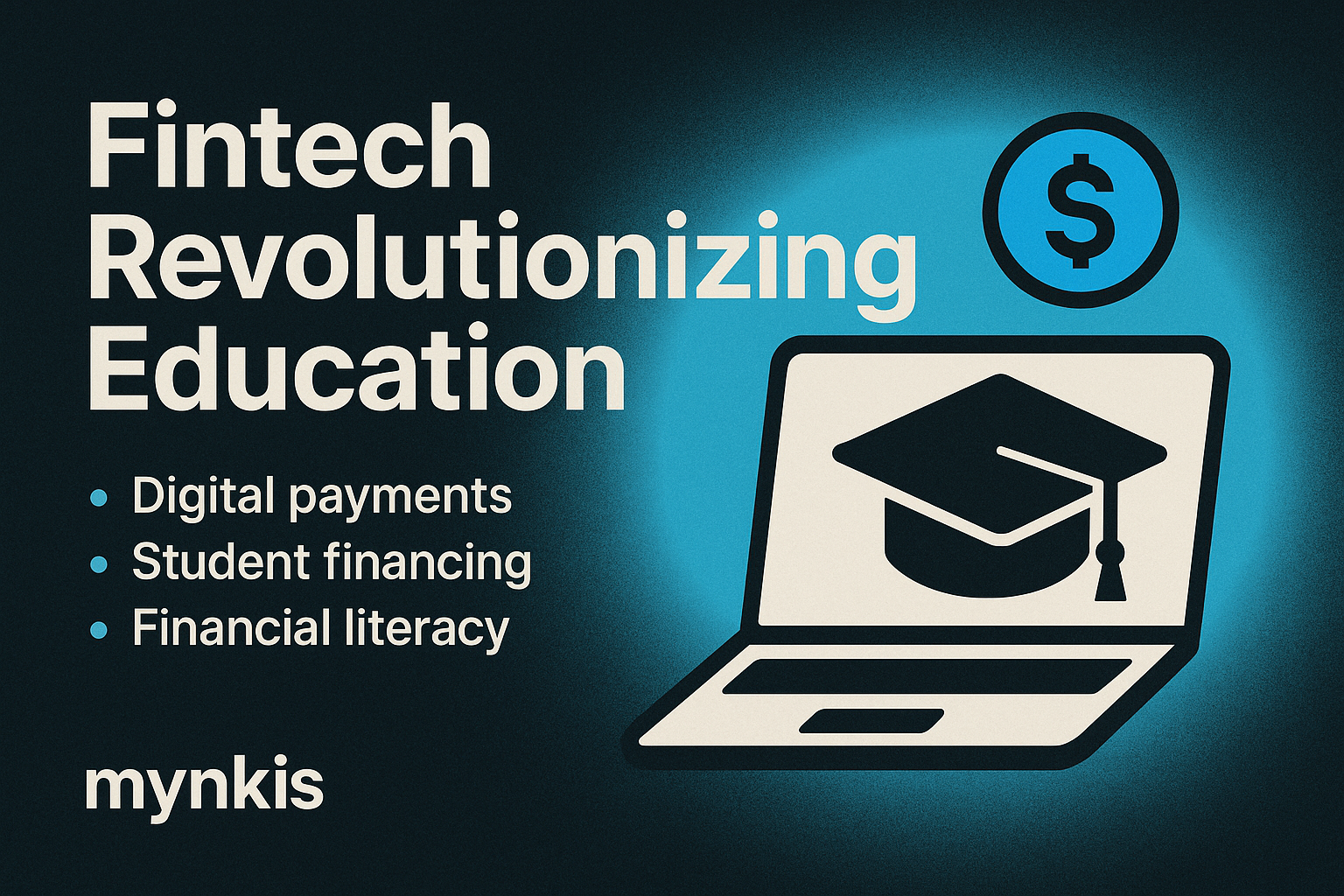Schedule a Demo
Fintech, or financial technology, is reshaping industries far beyond its traditional banking and investment domains. In my experience with educational institutions, I've seen how fintech software can transform learning environments. From streamlining administrative tasks to enhancing student financial aid processes, the latest fintech developments offer a wealth of opportunities for schools and universities. As we dive deeper, let's explore how these trends can directly benefit the education sector.
The integration of fintech into learning management systems (LMS) marks a significant leap forward. Imagine students managing their finances directly within their educational platform, effortlessly tracking tuition payments, or applying for scholarships. This integration streamlines the user experience, making education not only more efficient but also more financially accessible. Some forward-thinking institutions have already begun leveraging this tech, utilizing APIs from payment gateways to simplify tuition payments and financial aid applications.
Blockchain technology is at the forefront of secure transactions, and it's now making inroads into educational fintech. In schools, blockchain can offer a secure, transparent ledger for student records and certifications. The implications are enormous. With blockchain, the authenticity of a student's degree or certificate can be verified globally without any intermediaries. Institutions considering custom software development for their LMS might find blockchain's immutable nature a perfect fit for safeguarding data integrity.
Artificial intelligence is another revolutionary trend in fintech. I've witnessed AI being used to enhance financial planning for students in real-time. AI-powered tools can now provide personalized advice based on a student's financial history and educational goals. For universities, this could mean automated financial aid recommendations, ensuring students get the support they need. Incorporating AI into your enterprise web solutions could tailor experiences, making them more relevant and user-friendly for each student.
Mobile payment systems are increasingly becoming a part of educational fintech solutions. In fact, the ease with which students can manage their payments on-the-go is incredible. Institutions might consider integrating popular mobile payment platforms into their custom software development plans. This not only makes transactions smoother for students but also aligns well with the digital-first approach that many schools are taking.
The adoption of automated and personalized loan services is another area where fintech can make a huge difference in education. These services can offer quick assessments and customized repayment plans suited to a student's financial situation. By incorporating such features into an LMS or a university's website, schools can significantly simplify the often complex process of student financing.
Regulatory Technology, or RegTech, is another trend gaining traction. It helps institutions comply with educational finance regulations through advanced software solutions. With RegTech, schools and universities can streamline their compliance processes, ensuring they meet all necessary financial standards while maintaining transparency. This could be crucial for institutions looking to expand or modernize their systems.
Peer-to-peer (P2P) lending platforms are becoming more prominent, offering an alternative funding source for education. These platforms can connect students directly with investors willing to finance their studies. This innovative approach to funding has the potential to level the educational playing field and could be an interesting module within a custom learning management system.
Digital wallets and the use of cryptocurrency in educational payments are also gathering interest. While cryptocurrencies might be less mainstream, their use could provide another payment option for students internationally. Digital wallets could facilitate faster, lower-cost transactions than traditional methods, especially beneficial in today's global education market.
As we talk about fintech, we cannot ignore its potential to promote sustainability. Eco-friendly fintech solutions, such as virtual debit cards or carbon offset payment options, can be embedded within educational systems. They can support sustainability initiatives while also teaching students about the importance of eco-conscious financial decisions.
Fintech software can greatly enhance financial literacy within educational programs. By developing modules or courses with fintech partners, schools can offer students hands-on experience with financial management tools. This prepares them for real-world financial challenges and aligns with the broader goal of higher education to empower its students.
The application of big data analytics in fintech allows for greater personalization. In higher education, this means tailored financial experiences that can predict and meet individual student needs. Such analytics could transform how schools handle not only finances but also other areas like enrollment and retention.
Open banking represents another fintech trend with massive implications for education. By securely sharing financial data, educational institutions can offer even more personalized financial solutions to their students. Although still emerging, open banking could revolutionize how universities and their students manage finances.
As education embraces fintech, it must also consider the ethical implications. Ensuring privacy, addressing potential biases in AI algorithms, and safeguarding student data are all vital. Universities engaging in custom software development should prioritize these aspects, aligning with their core values of trust and security.
Looking ahead, the intersection of fintech and education is poised to evolve rapidly. More sophisticated integration of tech in LMS and educational platforms can be anticipated. Based on current developments, I predict an increased focus on user-friendly, secure, and scalable solutions that cater specifically to educational institutions' needs. Drawing from these trends, schools and universities have the opportunity to stay ahead by continuously adapting their custom enterprise web solutions.
